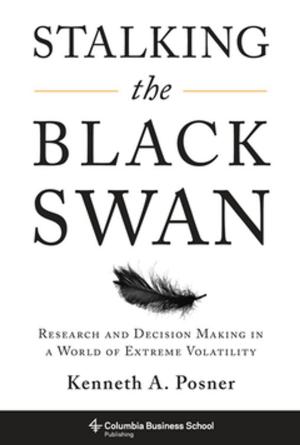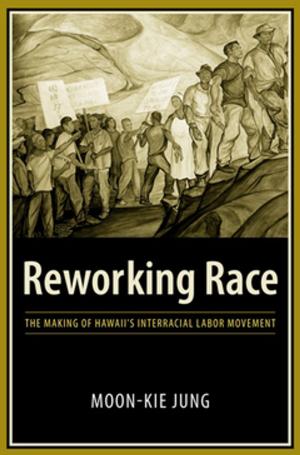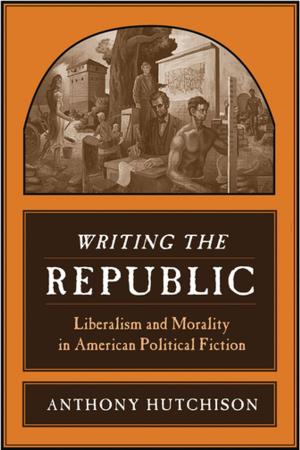Return of the Dragon
Rising China and Regional Security
Nonfiction, Social & Cultural Studies, Political Science, International, International Relations| Author: | Denny Roy | ISBN: | 9780231528153 |
| Publisher: | Columbia University Press | Publication: | July 2, 2013 |
| Imprint: | Columbia University Press | Language: | English |
| Author: | Denny Roy |
| ISBN: | 9780231528153 |
| Publisher: | Columbia University Press |
| Publication: | July 2, 2013 |
| Imprint: | Columbia University Press |
| Language: | English |
Despite China's effort to maintain peace with its neighbors, its military and economic growth poses an undeniable threat. Regional states must account for a more powerful potential adversary in China, and China has become more ambitious in its efforts to control its surroundings. Historical baggage has only aggravated the situation as China believes it is reclaiming its rightful place after a time of weakness and mistreatment, and other Asia-Pacific countries remember all too well their encounter with Chinese conflict and domination.
Through a careful consideration of historical factors and raw data, Denny Roy examines the benefits and consequences of a more politically, economically, and militarily potent China. Since China's intended sphere of influence encroaches on the autonomy of regional states, its attempts to increase its own security have weakened the security of its neighbors. Nevertheless, there is little incentive for Beijing to change a status quo that is mostly good for China, and the PRC thrives through its participation in the global economy and multilateral institutions.
Even so, Beijing remains extremely sensitive to challenges to the Chinese Communist Party's legitimacy and believes it is entitled to exercise influence on its periphery. On these issues, nationalism trumps any reluctance to upset the international system. Diplomatic disputes regarding the islands in the South China Sea, as well as controversial relations with North Korea, continue to undermine Chinese promises of positive behavior. Roy's study reveals the dynamics defining this volatile region, in which governments pursue China as an economic partner yet fear Beijing's power to set the rules of engagement.
Despite China's effort to maintain peace with its neighbors, its military and economic growth poses an undeniable threat. Regional states must account for a more powerful potential adversary in China, and China has become more ambitious in its efforts to control its surroundings. Historical baggage has only aggravated the situation as China believes it is reclaiming its rightful place after a time of weakness and mistreatment, and other Asia-Pacific countries remember all too well their encounter with Chinese conflict and domination.
Through a careful consideration of historical factors and raw data, Denny Roy examines the benefits and consequences of a more politically, economically, and militarily potent China. Since China's intended sphere of influence encroaches on the autonomy of regional states, its attempts to increase its own security have weakened the security of its neighbors. Nevertheless, there is little incentive for Beijing to change a status quo that is mostly good for China, and the PRC thrives through its participation in the global economy and multilateral institutions.
Even so, Beijing remains extremely sensitive to challenges to the Chinese Communist Party's legitimacy and believes it is entitled to exercise influence on its periphery. On these issues, nationalism trumps any reluctance to upset the international system. Diplomatic disputes regarding the islands in the South China Sea, as well as controversial relations with North Korea, continue to undermine Chinese promises of positive behavior. Roy's study reveals the dynamics defining this volatile region, in which governments pursue China as an economic partner yet fear Beijing's power to set the rules of engagement.















